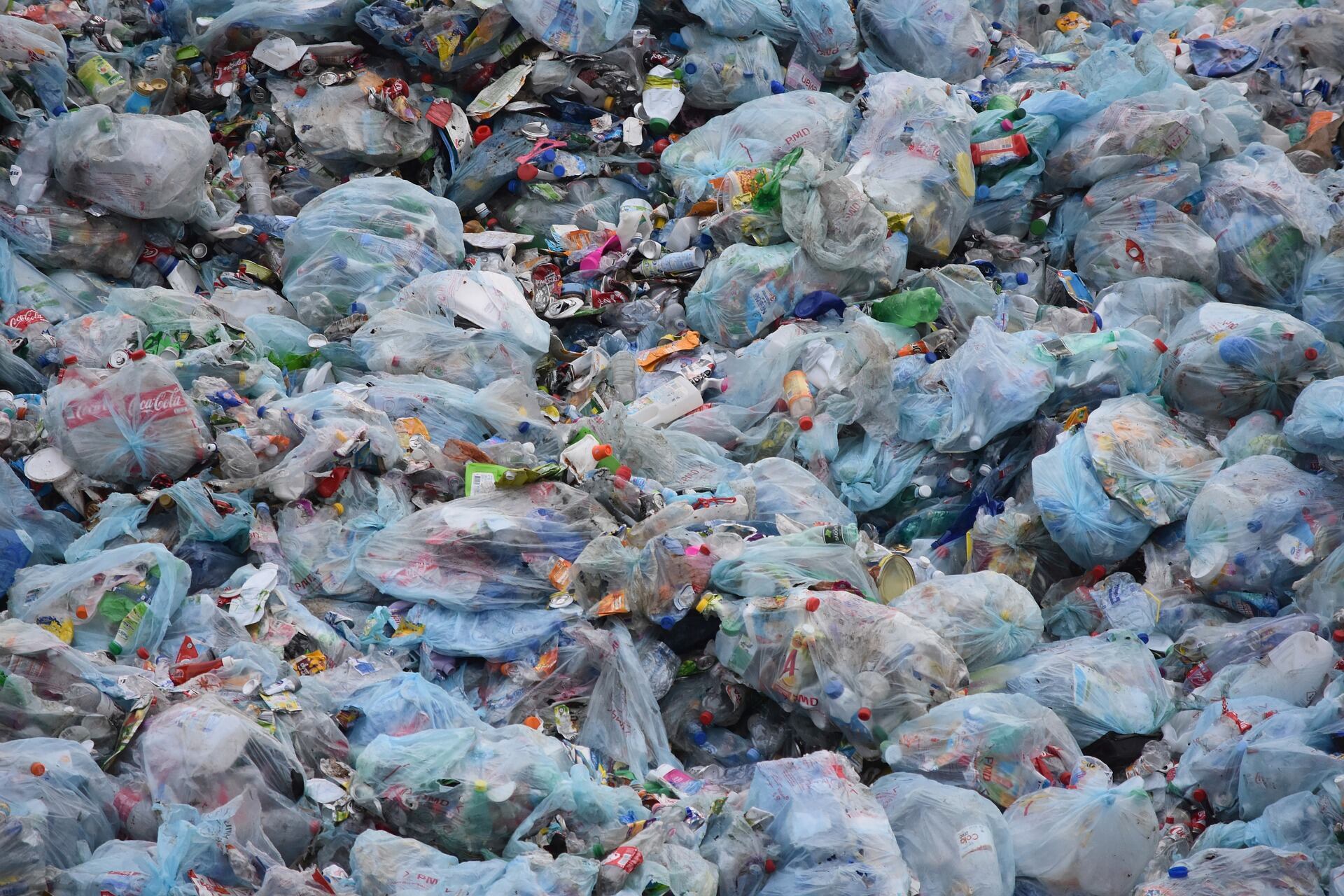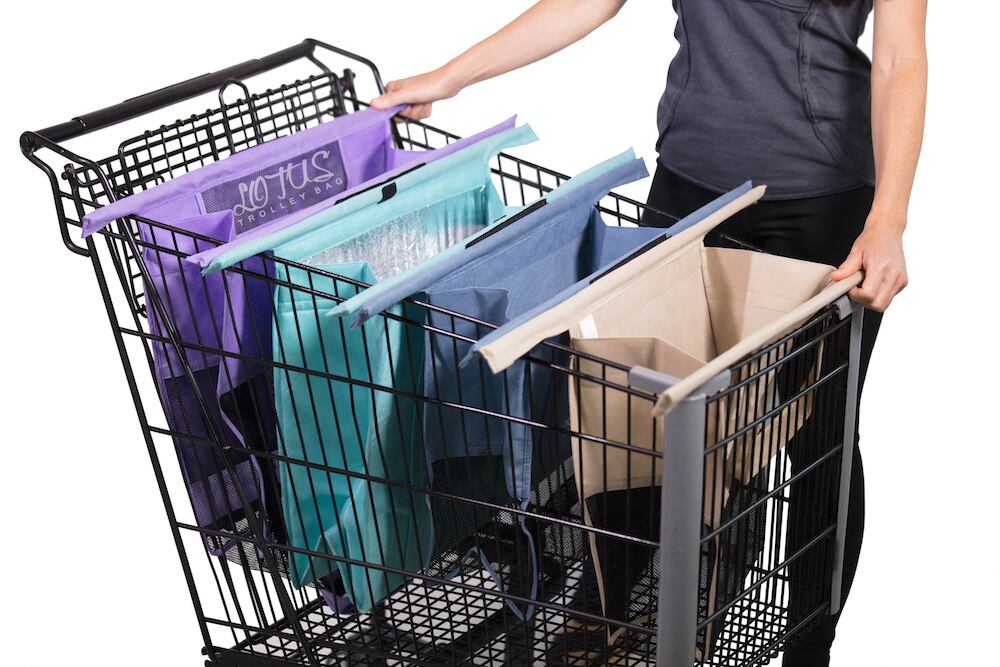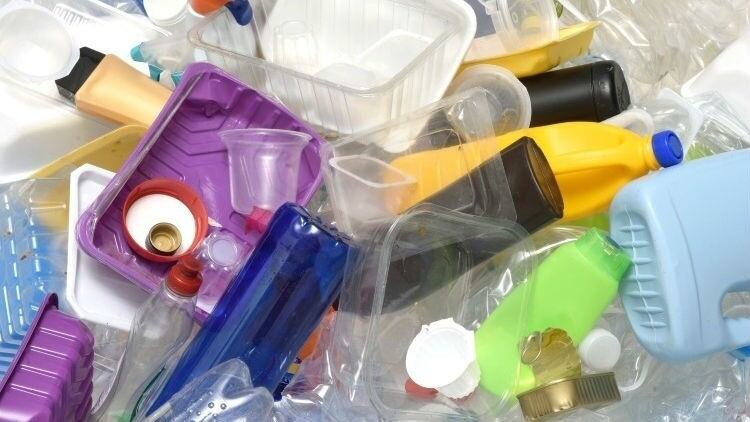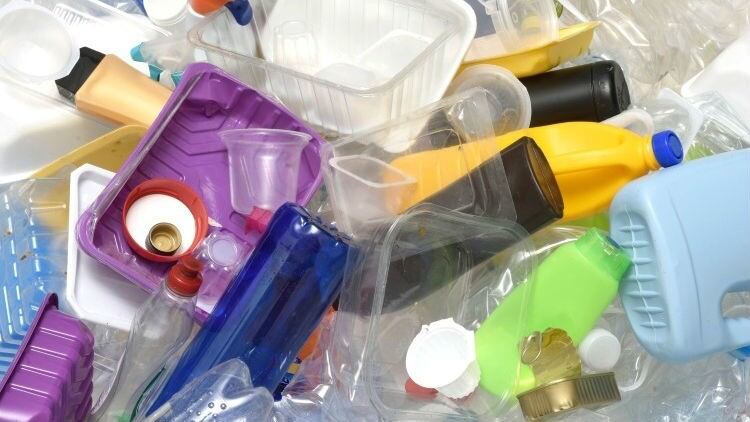The Thai Department of Industrial Works has said that a halt on related imports is already in place, but it will be two years before existing import licenses expire, and the policy is fully implemented.
“The amount coming in has increased since China banned plastic. […] We will ban it within two years,” said Banjong Sukreeta, deputy director of Thailand's Department of Industrial Works to Financial Times.
Following China’s ban on plastic scrap imports at the beginning of 2018, Southeast Asian countries became choice destinations for developed countries like the United States, United Kingdom and Germany to send their waste to.
According to a recent study on the Chinese import ban published in Science Advances, the majority of this plastic waste comprises packaging for food, beverage, and tobacco items, and is often single-use. This is estimated to have caused 61% of global beach litter.
“89% of historical exports consist of polymer groups often used in single-use plastic food packaging,” said the study authors.
“An estimated 111 million metric tons of plastic waste will be displaced with the new Chinese policy by 2030. […] [This amount is] equal to nearly half (47%) of all plastic waste that has been imported globally since reporting began in 1988.”
Plastic waste in Malaysia and Vietnam
Thailand’s decision comes on the heels of its neighbouring countries, Malaysia and Vietnam, enforcing similar policies.
Just a few days ago, Malaysia issued a permanent ban on plastic waste imports.
According to Housing and Local Government Minister Zuraida Kamaruddin, all types of plastic imports will be phased out across three years.
Between January and July 2018, Malaysia received close to 500,000 tonnes of plastic waste from foreign countries.
Vietnam also stopped issuing licenses for plastic waste imports earlier this year, following a statement from its Ministry of Natural Resources and Environment (MONRE) that some 6000 containers of waste had accumulated at its ports.
“[Authorities need to] prevent waste from entering Vietnam to keep the country from becoming a dumping site, affecting the environment and people’s lives,” said MONRE.
“MONRE will not grant new certificates or extend existing certificates for scrap importers. […] Only scrap that is imported for direct use as raw materials for production (once demand and capacity is demonstrated) [will be allowed].”
Domestic plastic waste management in Thailand
Thailand is also facing issues handling its own plastic waste.
“We don’t have an efficient collection system for domestic waste,” said Rintawat Sombutsiri, director of industrial waste management in the Department of Industrial Works to Financial Times.
“We need two years for our Pollution Control Department to set up a system for collecting plastic waste.”
Thailand ranks sixth on the global list of plastic polluting nations. Its waste is usually collected by local authorities, many of which are unable to handle it properly due to a lack of expertise, facilities and/or money.
This means that the waste is thrown into landfills instead, washing away into streams, rivers and oceans.





